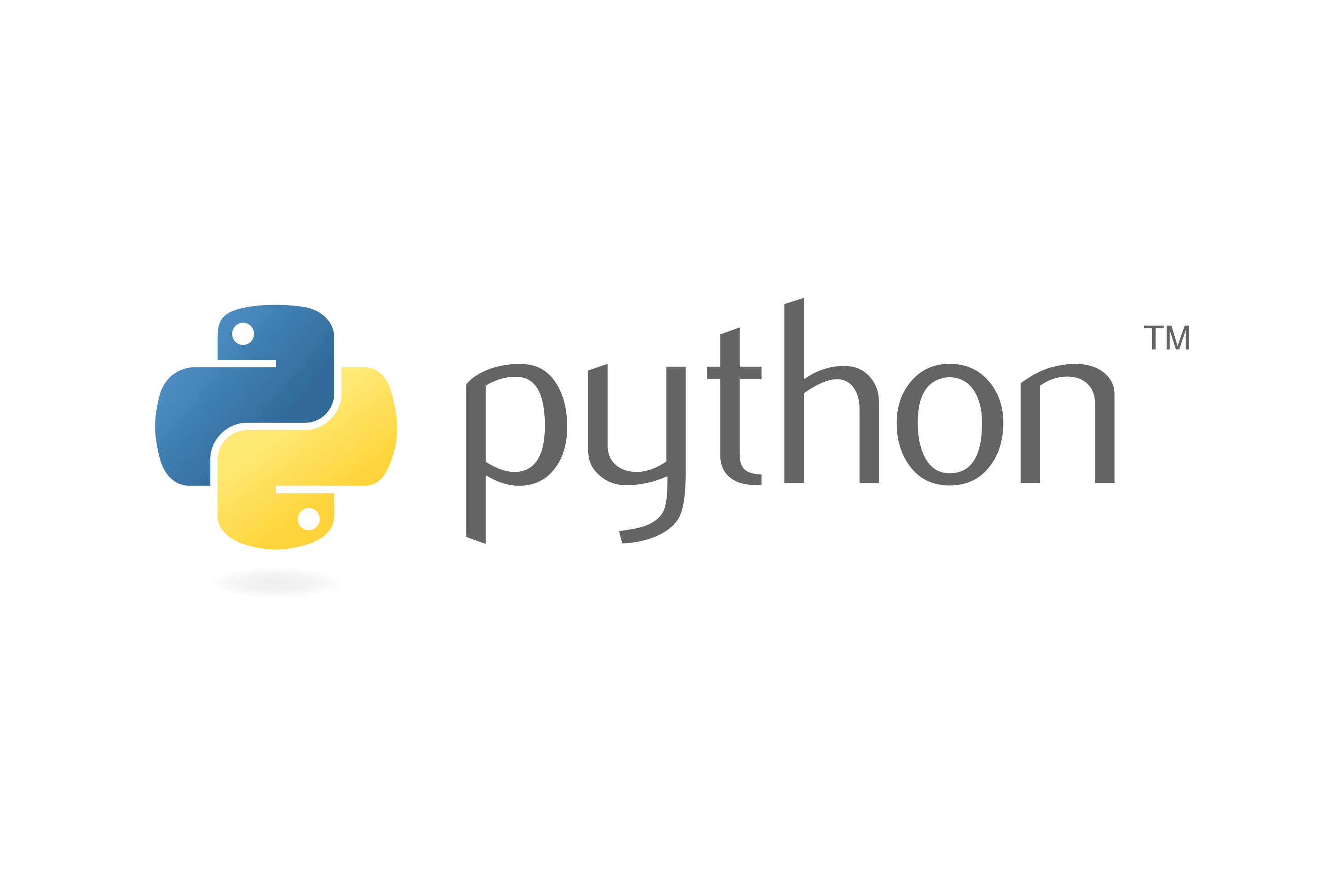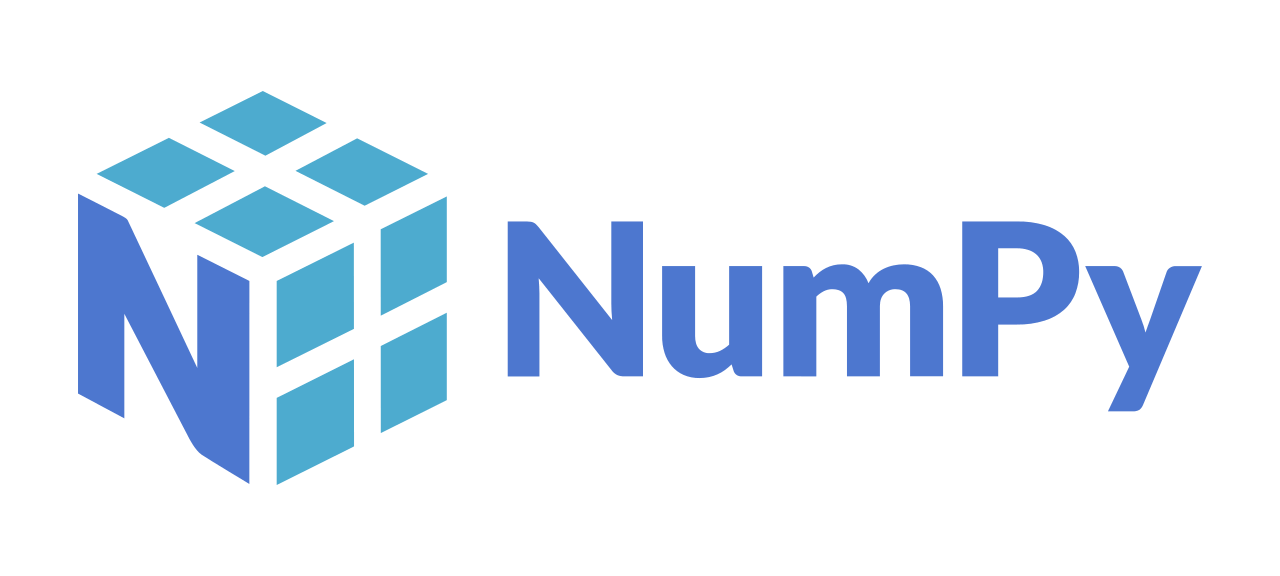TensorFlow Bootcamp
Learn how Neural Networks, Multi-Layer Perceptron and Convolutional Neural Networks are used for Image Classification and Segmentation, and train your own CNN model on a custom dataset. All this, in just 3 hours!
Course Code
TFBC
Type
Beginner
Available in
Python
Price
Free
Enroll for Free
- Official OpenCV Certification
- 10 Modules
- Videos
- Quizzes
- 3Hrs Content
- Colab Notebooks
What's covered in this course?
- Getting Started with Neural Networks
Take your first baby steps into deep learning - Fundamentals of Training a Neural Network
Deep learning isn’t magic – science behind how models learn. - Modeling Linear Regression
Train a simple linear regression model to learn patterns in data. - MNIST Digit Classification using MLP
Train an MLP model to recognize handwritten digits - CNN Fundamentals
Understand how CNNs learn features like edges, textures - CIFAR-10 Classification using CNN
Build a model that classifies real-world objects - Image Classification using Pre-Trained ImageNet Models
Use pre-trained models to classify images with minimal effort. - Transfer Learning and Fine-tuning
Supercharge your models by adapting existing knowledge to new tasks. - Introduction to Semantic Segmentation
Go beyond classification—label every pixel to understand entire scenes. - Introduction to Object Detection
Not just what is in an image, but where—detect multiple objects at once.
Tool Kit





Testimonials
A year later I was hired at Tesla as a Data Engineer with double the compensation.
OpenCV University was the best investment in my AI career.

A huge part of this success is due to the skills I acquired through OpenCV University courses.
I am at the beginning of my AI journey but this early success is thrilling.

As an AI expert, I charge 2-3 times more on Upwork than in my previous role as a software developer.
The extra cash enabled me to bootstrap a startup I am working on.







Frequently Asked Questions
If I lack experience in Computer Vision, Machine Learning, or advanced Math, are these courses still appropriate for me?
Yes, our courses are designed to accommodate learners with varying levels of experience. All that is required is a basic understanding of at least one programming language (Python is preferable but not mandatory). We will walk you through the fundamental concepts, providing step-by-step guidance.
What are the prerequisites for enrolling in these courses?
To get the most from our courses, you should possess a working knowledge of Python or a similar programming language. For the courses offered in C++, you should have a basic proficiency in C++.
Aside from the programming experience mentioned above, the series of courses are designed to take you from the fundamentals in Image Processing and Computer Vision through more advanced topics in Deep Learning. If you are looking to jump in directly to our Deep Learning courses, then you should have a good understanding of the foundational material in Image Processing and Computer Vision.
Will I receive a certificate upon completing a course? What are the requirements?
What should I do if I need assistance with the course content?
How is the course material structured?
The course content features a combination of theoretical explanations and practical code demonstrations delivered through both text and video formats. Quizzes, assignments, and projects of varying difficulty levels are also included. Students have the option to choose the assignments or projects they wish to work on, with each carrying a point value. We select the best “m” out of “n” assignments/projects to accommodate individual interests.
This approach allows students to focus on topics that pique their interest, enabling them to delve deeper by completing relevant assignments/projects while having the flexibility to skip topics they find less appealing.
Is it possible to share an account with a friend if I cannot afford the course?
I've already paid for the course, but I haven't received any enrollment information.
Am I eligible for a refund if I'm unsatisfied with a course?
What is the anticipated duration of each course?
The time it takes to complete a course depends on the number of hours you can dedicate weekly. Based on our observations, students typically finish the courses in the following timeframes:
Mastering OpenCV For Computer Vision: Approximately 2-4 weeks
Fundamentals Of Computer Vision & Image Processing: Roughly 3 months
Advanced Computer Vision and Deep Learning Applications: Around 3 months
Deep Learning With PyTorch: About 4-5 months
Deep Learning With TensorFlow & Keras: Approximately 4-5 months
Please note that taking the time to fully comprehend the course material is essential rather than rushing through it. This will ensure a deeper understanding and better retention of the content.
How long can I access the course materials?
Will I have lifetime access to the certificate?
Which course bundle is the best choice for me?
What happens to my course access after 3 Months
Is the reward in the form of course credit or Cash in Bank?
Can I start multiple courses at once?
Are there other benefits for completing courses within 100 Days?
Is the Mastering Generative AI for Art course included in the 100-Day AI Challenge?
Can’t decide
which course to take?
OpenCV University is a trustworthy partner of learners across the globe.